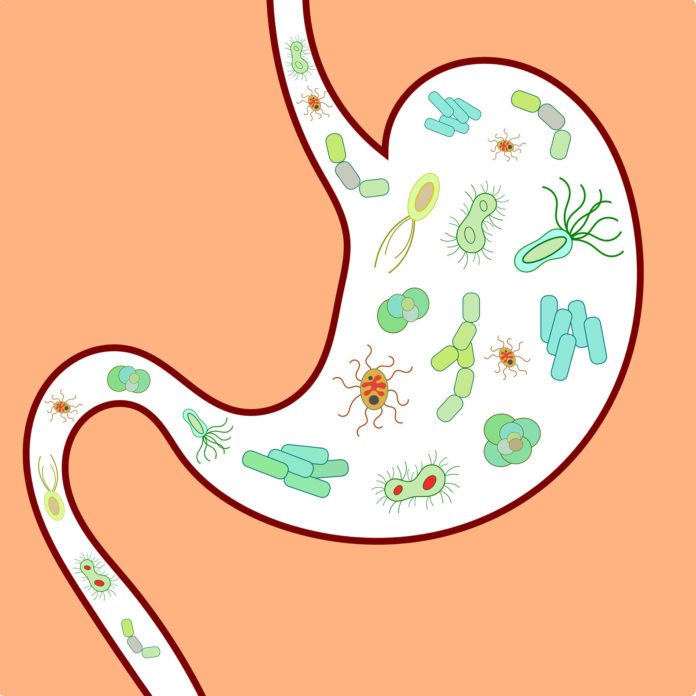Researchers Simulate Intestinal Microbiome Using “Virus Cocktail” to Assassinate E-coli
Antibiotics are generally classified based on the range of bacterial species susceptible to these agents as broad-spectrum, intermediate-spectrum, or narrow- spectrum. Broad-spectrum antibiotics are invaluable in the control of modern healthcare-associated infections; however, limiting their overuse represents an equally important means of preventing these infections that are increasingly caused by multidrug-resistant organisms (MDROs).
New, researchers at the University of Copenhagen have possibly developed a remedy to all our antibacterial-related woes- it might be soon be possible to drink a cocktail of selective viruses (bacteriophages) that travel directly into the gut and kill the pathogenic bacteria, so as to get you better without the use of antibiotics and harming the beneficial commensal intestinal bacteria.
“The research shows that we have an opportunity to kill specific bacteria without collateral damage to the other, and otherwise healthy, intestinal flora,” says Dennis Sandris Nielsen, an author of the study.
The team designed model representative of the composition of the intestinal flora and added E. coli bacteria into the environment which they then attempted to kill by utilizing a targeted cocktail of viruses (bacteriophages) developed by the company Intralytix.
The team observed that the three lytic phage species in the
experiment were the most effective at killing the bad bugs while leaving the good ones alone.Further, the researchers plan to continue working on the promising treatment, they are to test the cocktail on mice and eventually humans.
“The novelty of the TSI model is that it simulates the presence of the small intestinal microbiota, which has largely been overlooked in other models of the small intestine. Other models existing on the market simulate only the purely biophysical processes, such as bile salts and digestive enzymes or pH, but here we included this important aspect of human gut physiology to mimic the small intestine more closely”, says Cieplak.
“Using bacteriophages to kill pathogenic bacteria is not new and has actually been used to treat food-borne illnesses and other diseases in Eastern Europe for almost a century, but it was not until relatively recently that this approach started to attract more widespread research interest”, says Dennis Sandris Nielsen.
“It is different today, where resistance to antibiotics is an increasing problem in modern medicine. At the same time, we have become more aware of how important the commensal bacteria in the gut are for our health”, says Nielsen.






























